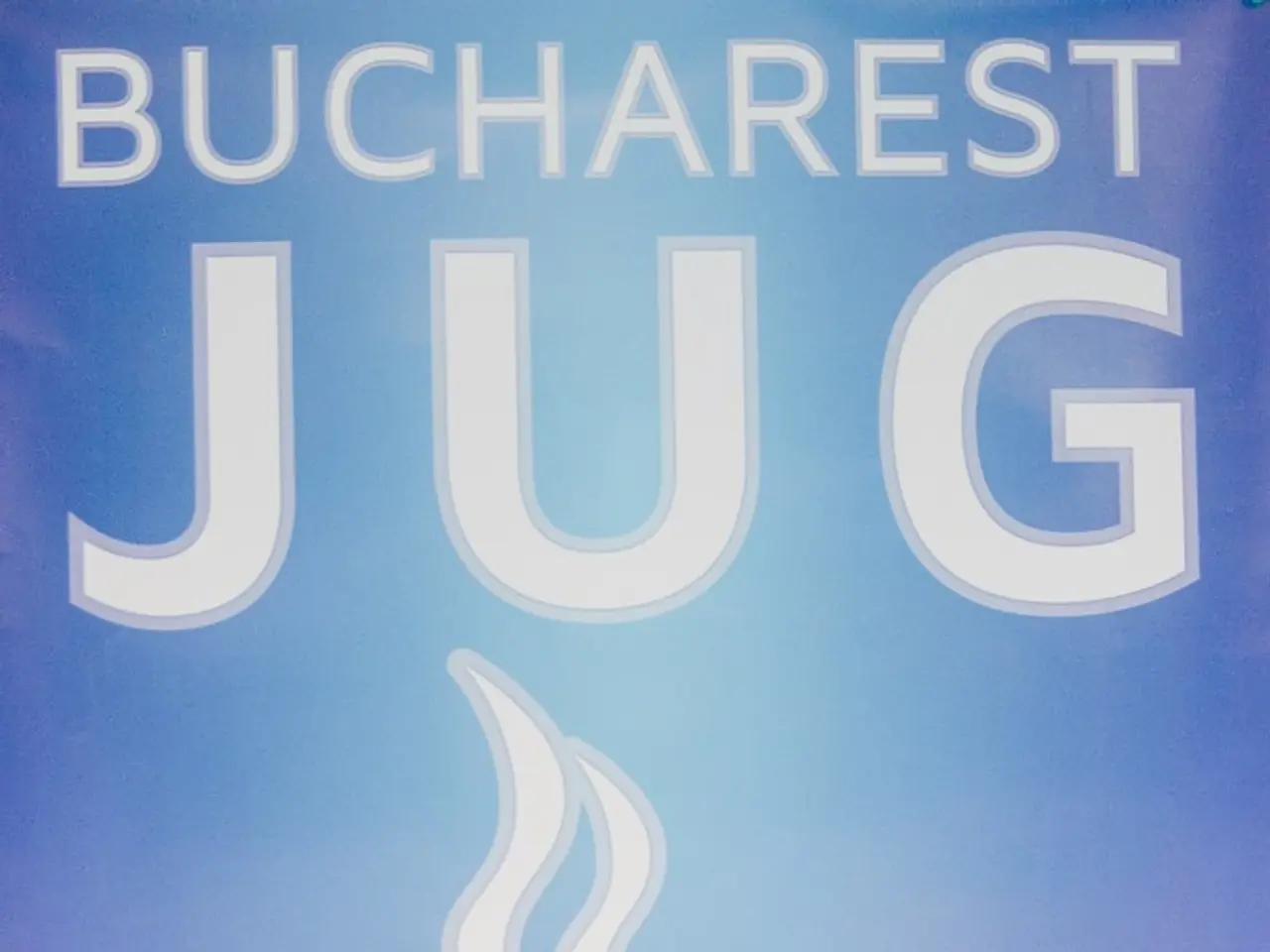Elon Musk-led brain implant company claims to be a disadvantaged enterprise despite holding a whopping $9 billion valuation.
In the world of cutting-edge technology, Neuralink, Elon Musk's brain implant startup, has made headlines for its ambitious goals and innovative approach. However, the company's self-certification as a Small Disadvantaged Business (SDB) has sparked controversy and raised questions about its eligibility.
Founded in 2016, Neuralink seeks to use neural implants and experimental science for computer-to-brain interfacing. Despite Musk's substantial personal wealth, Neuralink claims SDB status, citing a private and opaque ownership structure. According to reports, Musk holds a majority ownership stake in the company, making it challenging to understand what disadvantaged group could maintain ownership over the $9 billion valued company.
The SBA defines a small disadvantaged business as one that is "51% or more owned and controlled by one or more disadvantaged persons." Economically disadvantaged individuals, as defined by the SBA, are those whose personal net worth does not exceed $850,000 (excluding the value of a primary residence). Musk's estimated net worth of over $360 billion far exceeds this threshold, making him ineligible for the SDB designation.
Moreover, Musk does not belong to any recognized socially disadvantaged group according to federal guidelines. The SBA defines socially disadvantaged people as those who have been subjected to racial or ethnic prejudice or cultural bias within American society.
Neuralink's claim to SDB status has been met with scepticism, given these facts. Because the company's ownership structure is private, its detailed ownership structure is not publicly disclosed. This opacity leaves open the technical possibility that a minority or indirect ownership stake meeting SDB criteria exists, but no evidence publicly supports that.
The prevailing consensus in reports is that Neuralink's SDB claim is likely false or misleading due to Musk’s majority ownership and wealth. Gizmodo reached out to Neuralink for more information about their claim of being a socially and economically disadvantaged business, but the company has yet to provide a response.
Meanwhile, Neuralink's animal testing trials have also come under scrutiny. Some test animals allegedly died quite horribly, causing controversy and accusations of "grotesque" animal abuse. Last year, Neuralink streamed an interview with a quadriplegic who used their brain implant to play video games, demonstrating the potential benefits of the technology.
As Neuralink continues to push the boundaries of technology, questions about its ownership structure and ethical practices persist. The company's SDB status remains a contentious issue, with federal regulations stating that the designation can only be legally claimed by companies owned by "economically disadvantaged individuals."
- Given Neuralink's privately held ownership structure and Elon Musk's majority stake, it is challenging to identify any economically disadvantaged individual who could maintain control over the company, which holds a value of approximately $9 billion.
- The SBA's definition of a Small Disadvantaged Business encompasses enterprises that are 51% or more owned and controlled by one or more disadvantaged persons, yet Musk's estimated net worth of over $360 billion plainly exceeds the personal net worth threshold for economically disadvantaged individuals and he does not belong to any recognized socially disadvantaged group.
- Reports highlight that Musk's substantial personal wealth, coupled with his majority ownership stake in Neuralink, fuels skepticism about the company's claim to be an SDB, considering the SBA's stipulation that a business cannot legitimately claim the SDB designation if its owner does not meet the personal net worth or socially disadvantaged criteria.
- The lack of a disclosed detailed ownership structure for Neuralink has left open the possibility that a minority or indirect ownership stake meeting SDB criteria may exist, yet no evidence supporting this has been made public to this point.
- As parts of Neuralink's operations, such as its animal testing trials, face criticism and concerns about ethical practices, the controversy surrounding the company's SDB status persists, as federal regulations dictate that the designation can only be legally claimed by companies owned by economically disadvantaged individuals.




